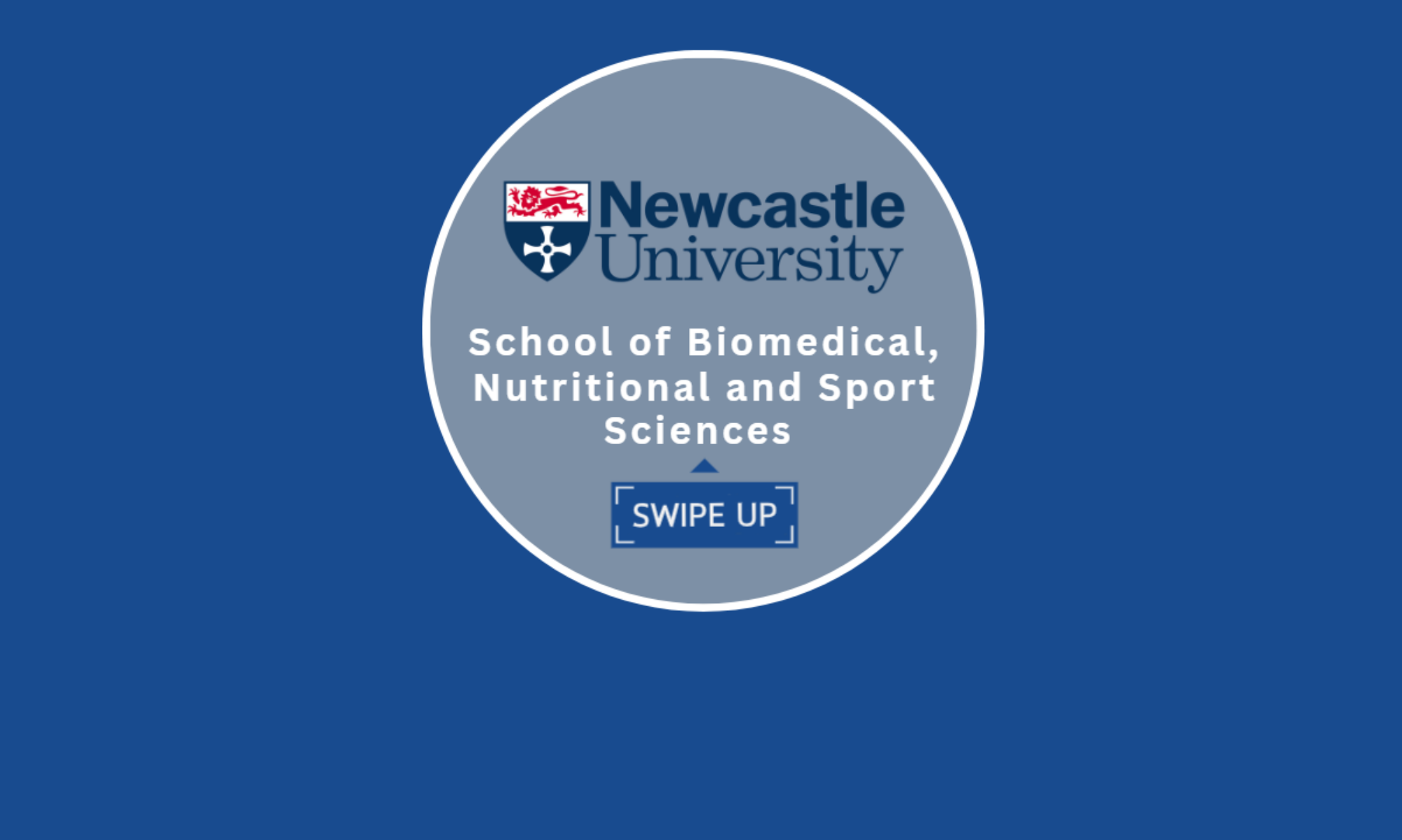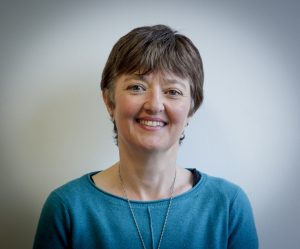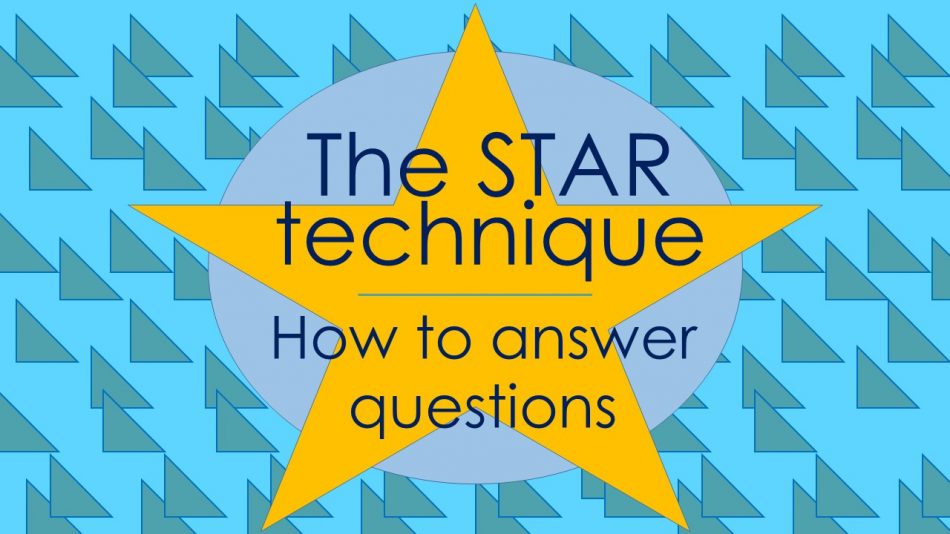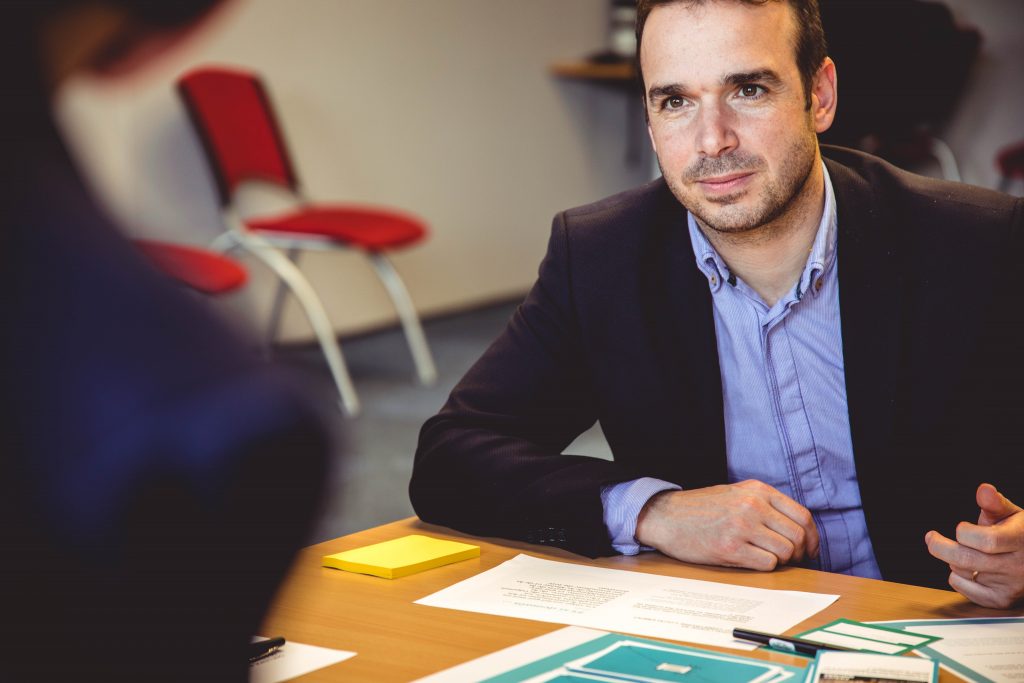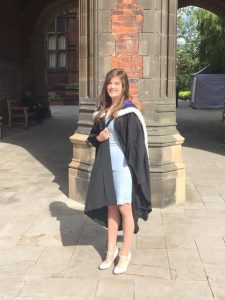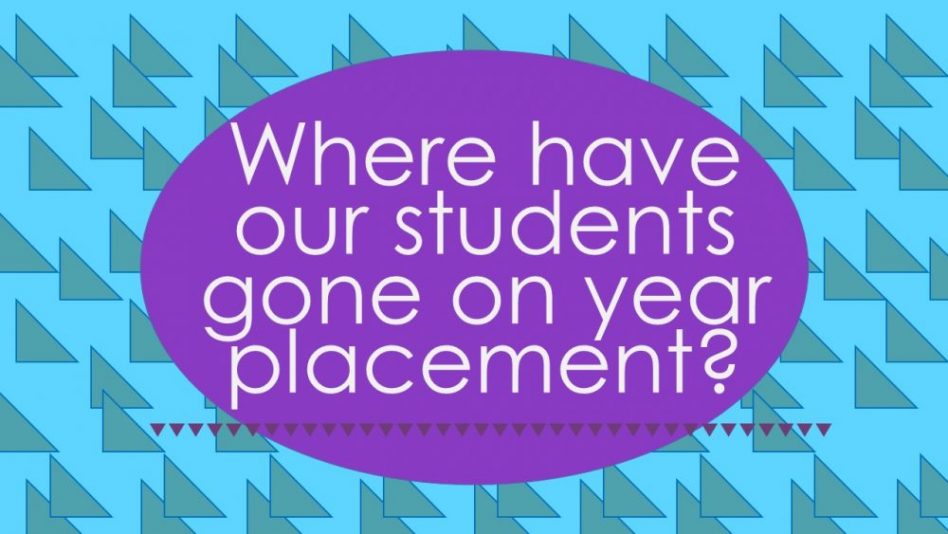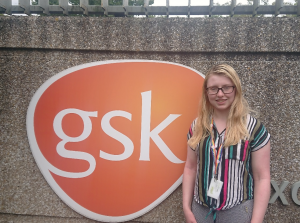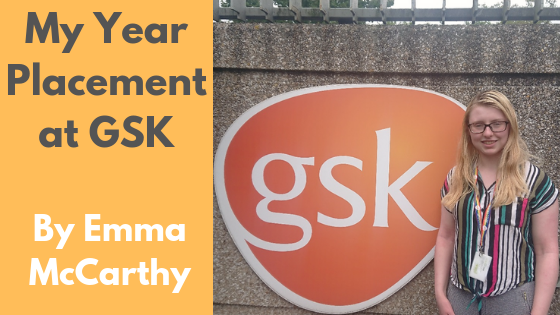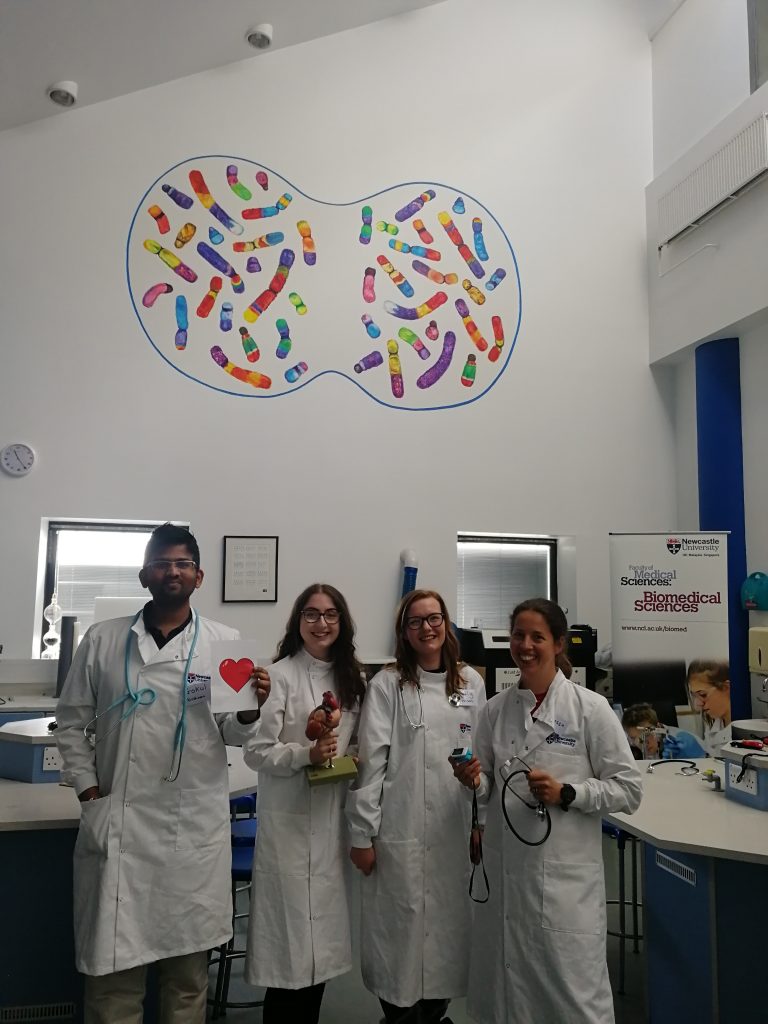By Caroline McKenzie
Moving to uni can be lots of change for anybody. When you’re also living with a disability or a medical condition, getting through each day, let alone being able to study can be a challenge.
I’ve just finished my first year studying biochemistry and living and learning with physical disability has often been hard! I thought I’d share a few things that have helped, and so here are my practical top tips for starting university for those living with disability/long term medical condition.

Get a Support Plan
A Student Support Plan (SSP) looks at all aspects of learning and possible adaptations that you may need, you get these from Student Wellbeing. Meet up with your disability advisor as soon as possible, the sooner you get this in place the sooner adaptions can be made. They will be aware of things you can utilise that perhaps you didn’t realise- for me that included creating a Personal Evacuation Plan (PEP) for when there were fire alarms! Continue reading “My top tips for starting university when living with disability or long-term medical condition”
